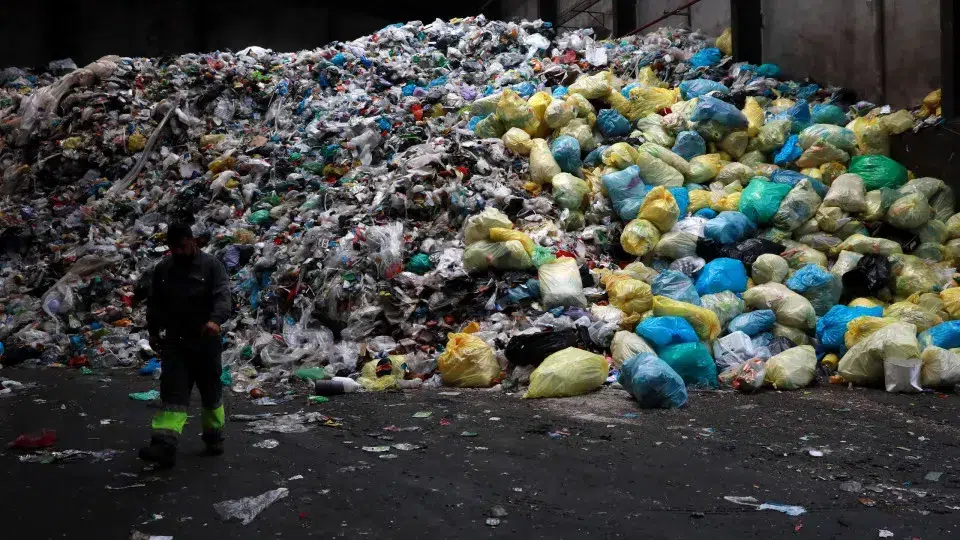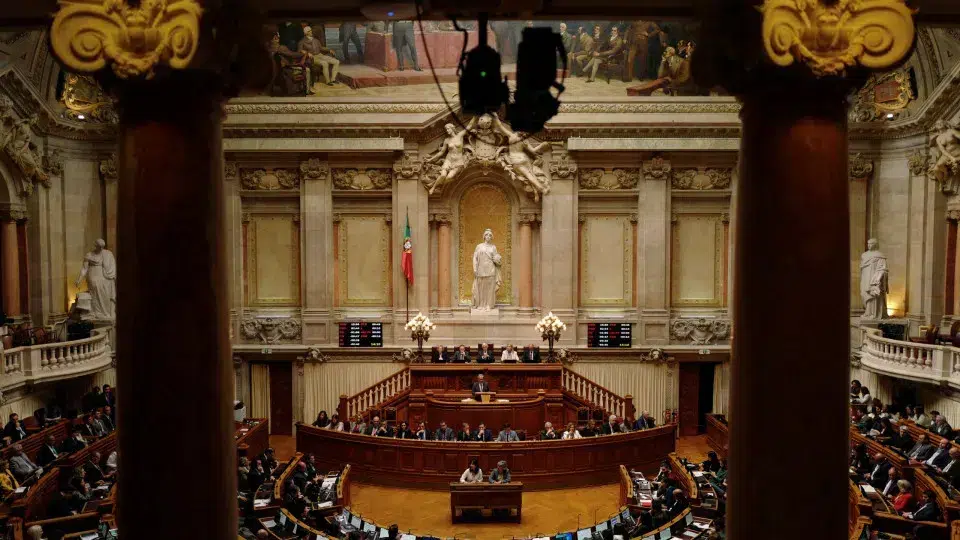
The measure was introduced by the PSD and CDS-PP parties with an amendment to the State Budget for 2026 (OE2026).
The initiative stipulates that in 2026, municipalities that “register a reduction equal to or greater than 5% in the production of undifferentiated urban waste per inhabitant, compared to the previous year,” will receive a determined amount, to be set by the Government next year.
According to the proposal, the financing “is ensured by funds from the Waste Management Fee and other budget allocations related to the environment sector.”
Municipalities can combine this support “with the support mechanisms for municipalities established” by Decree-Law No. 24/202, which regulates the waste management regimes, landfill waste deposition, and flow management.
The new regulation provides that “the eligibility criteria, calculation, and allocation of the incentive are defined by ordinance of the Government members responsible for the areas of environment, finance, and local administration, and this ordinance may additionally consider the implementation of good municipal practices, namely door-to-door selective collection systems and pricing proportional to the amount of waste produced (PAYT).”
Another initiative, approved by the parliamentary groups supporting the Government, concerns the use of dyed diesel by the extractive industry and incentives for energy efficiency in the sector.
The measure ensures that “companies operating in the extractive industry sector are authorized to benefit from the dyed and marked diesel regime, able to use this fuel in all non-registered equipment linked to the activity.”
As part of this incentive, the Environmental Fund will launch “a call for investments in energy efficiency in the extractive industry.”
Through a proposal by the PS, which saw a measure approved in the energy sector, support was sanctioned for electro-intensive industries through CO2 compensation.
The OE bill now specifies that, next year, “the Government will strengthen support for electro-intensive industries, as stipulated in Decree-Law No. 15/2022, of January 14, and Decree-Law No. 12/2020, of April 6, in their current versions, and within the state aid guidelines, either through the State Budget or through the Environmental Fund.”
Justifying this measure, the PS mentions that “the costs with indirect CO2 emissions and their compensation have been a growing concern for European Union countries” and that “the average EU aid is more than four times higher than the aid in Portugal.”
The PSD and CDS-PP parties saw approval of an initiative aiming to ensure that the compensation paid by water resource users reflects an incentive for efficient water use.
To that end, the two parties proposed an amendment to Decree-Law No. 97/2008, of June 11, regarding the economic and financial regime of water resources, stipulating that reductions in the tax component of the Water Resources Fee (TRH) “are not to be cumulated within the same component, applying only to the one that leads to the most favorable benefit for the user,” with certain exceptions.
A proposal by Chega was also approved, aimed at speeding up all necessary procedures for the Expansion of the Alqueva Irrigation Block – S. Bento, in Vila Nova de São Bento, Municipality of Serpa,” creating a new irrigation area already anticipated in the initial project expansion plan, supplied from the Laje pumping station.




